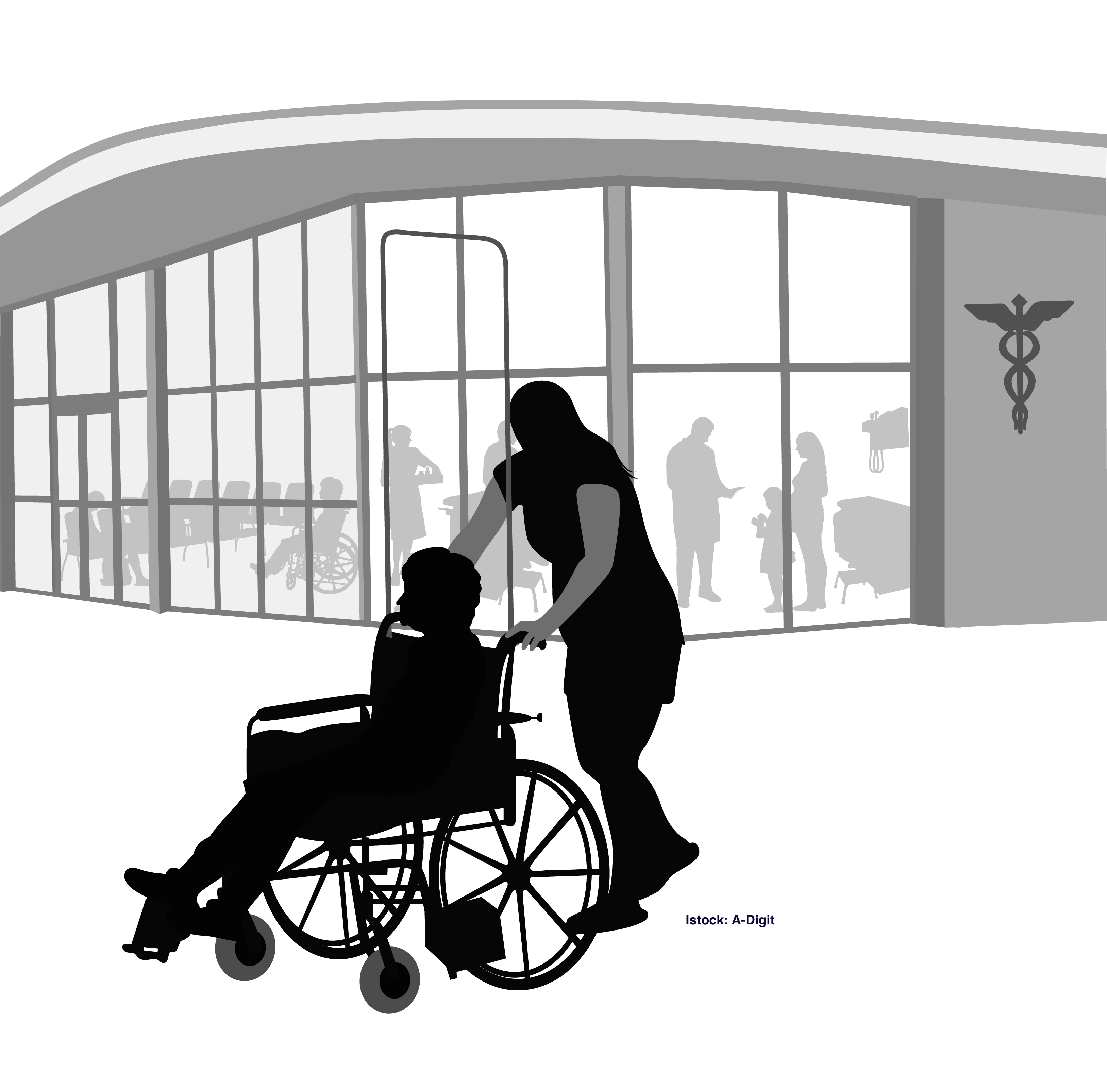AARP Hearing Center

The coronavirus outbreak that ripped through Virginia’s long-term care facilities, killing 785 people through May, revealed a perfect storm of problems, from severe staffing shortages to a lack of protective equipment and inadequate infection controls.
“It’s an unfortunate confluence of issues” in care facilities, said David DeBiasi, advocacy director for AARP Virginia, who once worked in a nursing home.
“They are a particularly vulnerable population due to advanced age and underlying health conditions; they’re living in close proximity and in facilities that were already struggling for adequate funding and staff before the pandemic.”
State officials, AARP Virginia and other advocates are ramping up efforts to better protect nursing home residents and staff and to respond to families worried about their relatives’ safety.
A special task force, appointed by Gov. Ralph Northam (D), is due to report next month on needed improvements. The task force includes state and industry officials and advocates such as DeBiasi.
Goals include a plan to procure more protective equipment, expanded testing to track outbreaks and stem infection, and better pay for nursing assistants and other staff.
“We need to be paying these people more,” said state Sen. Jen Kiggans (R-Virginia Beach), a geriatric nurse practitioner and a task force member. “Staff will stay if they’re not overworked and underpaid.”
Improving staffing
Virginia requires no minimum staffing level at nursing homes, but Kiggans is pushing for legislation to set a 6-to-1 ratio of residents to staff.
Lindsay Hutter, chief strategy officer for Goodwin House communities in Northern Virginia, said employees often work in more than one facility.
“More often than not it’s the staff bringing in the virus, because they also have jobs in other senior-living or health care organizations,” she said.
The task force will also address financing for nursing homes hit by increased costs during the COVID-19 crisis, DeBiasi said.
In April, Northam approved a state budget amendment to increase reimbursement to nursing homes by $20 per Medicaid recipient per day to assist facilities’ responses to the crisis.
Facilities need to have protective equipment on hand to prevent the spread of infection, both Kiggans and Hutter said. Kiggans noted that those she has visited don’t have sinks in their hallways so staff can wash their hands as they go from room to room.
Testing for the coronavirus should be a priority, Kiggans said, and should be extended to include patients coming from hospitals.
Nursing homes are working to allow virtual visits for families when in-person gatherings are not possible, and to make it easier to use telehealth - patients meeting with doctors and nurses remotely using computers, smartphones and other devices.
Hutter said that Goodwin House uses telehealth where possible to cut down on residents’ visits to medical offices.
“It’s certainly part of our strategic plan,” she said. “Teleheath means less strain on older people and on the health care system.”
Some homes are offering free Wi-Fi and have purchased iPads to improve communication, said Amy Hewett, spokeswoman for the Virginia Health Care Association, representing 345 nursing homes and assisted living facilities.
Sue Lindsey is a writer living in Roanoke.
More on Nursing Homes































































